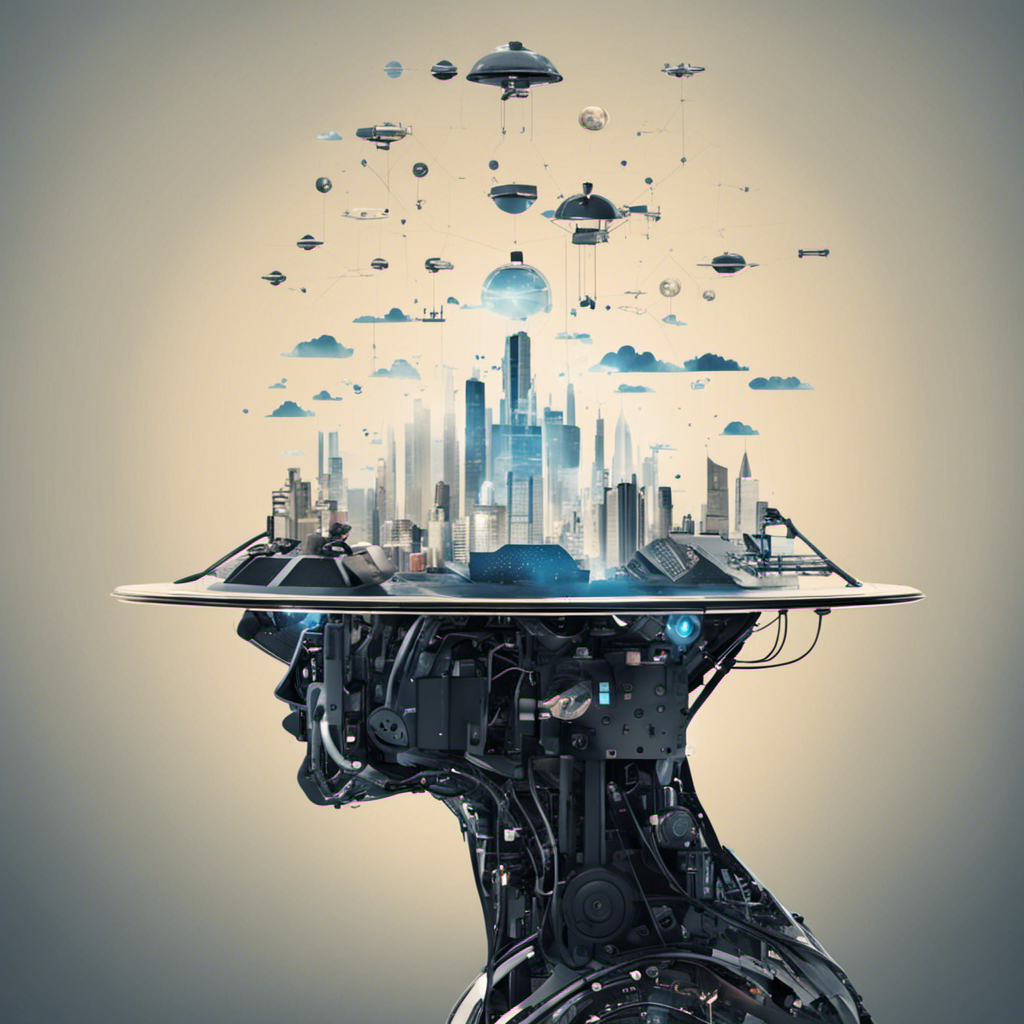
Storytelling is an essential feature of the human condition, propose Mike Sharples and Rafael Pérez y Pérez in Story Machines. It allows us to make meaning in the world and in our lives, to communicate with one another, to teach, to learn, and to explore. The book, which provides a readable, engaging, and instructive introduction to the mechanisms according to which computers have been made to produce “stories,” also confronts more fundamental questions: What constitutes our own creativity? Can stories do their cultural work without connecting a reader to a human writer? If computers cannot understand, appreciate, or intend the meaning of their compositions, does that limit their creative potential and the work they might do?
The landscape of artificial intelligence (AI) literature so often tends toward overconfidence, even hubris, but Sharples and Pérez y Pérez, refreshingly, do not claim to answer these questions in the book, although they remain at the heart of the project, nor do the pair pronounce what the future will or should be for computerized writing. The authors are as interested in what can be learned about people as storytellers and meaning-makers as they are in the automation of literary composition.
The book begins with an engaging survey of historical, cognitive, and cultural perspectives on human storytelling and a discussion of the long tradition of attempts to automate the production of compelling stories. Readers are then taken through a detailed exploration of the main approaches to AI-driven story production, which doubles as an accessible introduction to different approaches to AI in general.
We meet researchers who have sought to identify a set of rules, or grammars, informed by both linguistics and the formal study of myths, fairy tales, and novels, that could be translated into computer programs. As with most other domains of AI research that seek to convincingly simulate complex human behavior according to a set of rules in this fashion, the stories produced by rule-bound generators tend to be disappointing.
The authors then introduce more advanced strategies, such as neural networks, which are trained on massive datasets (in this case, of existing stories and prose). Such approaches—which empower algorithms to generate their own protocols on the basis of patterns and correlations they identify in the data, allowing for pre-dictions about how to construct effective sentences, plots, characters, and structures—can produce far more compelling stories, but they often come at the cost of our access and understanding.
For Sharples and Pérez y Pérez, the goal of automation is not just to find any means to produce compelling computer story generation; they seek automated tools that can report on themselves, thereby facilitating a refined understanding of human creativity. This, they believe, could allow for new forms of storytelling, creative collaboration, and readership. The authors praise methods of story automation that are based on both active models of human creativity and the construction of what they call “story worlds,” which consist of places, characters, and constraints that a computer might explore and tell stories within and about.
One of the most valuable features of the book is its rich presentation of examples. Readers come away having read nearly 100 instances of mechanically and computationally generated stories, which provide a clear sense of the variety of approaches and the kind of story they produce. Readers are even invited at several moments to experiment with these methods themselves. The authors also integrate computer-generated prose into the book’s text, which serves as a frequent reminder that the act of reading may shift and transform as automation and authorship converge in different ways.
The book largely frames auto-mated storytelling as a benign, creative, intellectual, and exciting field. However, it also hints at darker and deeply concerning possibilities. The authors mention believable computer generation of fake news stories, targeted custom narrative production that could infiltrate our internet browsing, and fabricated texts made to convincingly read like those written by specific people, and many other potentially exploitative and ex-tractive applications. Indeed, the most powerful tools for automated story production described in the book have been developed by entities such as Microsoft’s OpenAI and Facebook, which have a reputation for prioritising power, control, and profit over all else. The main drawback of the book is that it attends only in passing and almost hesitantly to these realities.
